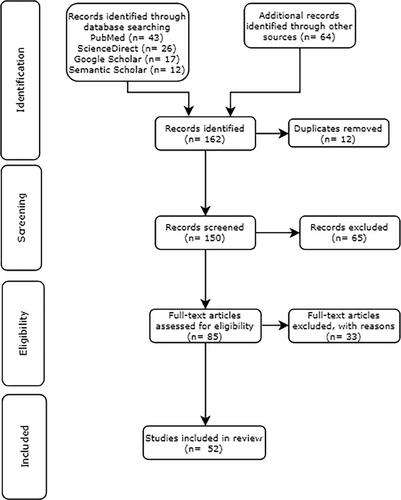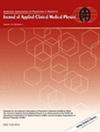Advancements in synthetic CT generation from MRI: A review of techniques, and trends in radiation therapy planning
Abstract
Background
Magnetic resonance imaging (MRI) and Computed tomography (CT) are crucial imaging techniques in both diagnostic imaging and radiation therapy. MRI provides excellent soft tissue contrast but lacks the direct electron density data needed to calculate dosage. CT, on the other hand, remains the gold standard due to its accurate electron density information in radiation therapy planning (RTP) but it exposes patients to ionizing radiation. Synthetic CT (sCT) generation from MRI has been a focused study field in the last few years due to cost effectiveness as well as for the objective of minimizing side-effects of using more than one imaging modality for treatment simulation. It offers significant time and cost efficiencies, bypassing the complexities of co-registration, and potentially improving treatment accuracy by minimizing registration-related errors. In an effort to navigate the quickly developing field of precision medicine, this paper investigates recent advancements in sCT generation techniques, particularly those using machine learning (ML) and deep learning (DL). The review highlights the potential of these techniques to improve the efficiency and accuracy of sCT generation for use in RTP by improving patient care and reducing healthcare costs. The intricate web of sCT generation techniques is scrutinized critically, with clinical implications and technical underpinnings for enhanced patient care revealed.
Purpose
This review aims to provide an overview of the most recent advancements in sCT generation from MRI with a particular focus of its use within RTP, emphasizing on techniques, performance evaluation, clinical applications, future research trends and open challenges in the field.
Methods
A thorough search strategy was employed to conduct a systematic literature review across major scientific databases. Focusing on the past decade's advancements, this review critically examines emerging approaches introduced from 2013 to 2023 for generating sCT from MRI, providing a comprehensive analysis of their methodologies, ultimately fostering further advancement in the field. This study highlighted significant contributions, identified challenges, and provided an overview of successes within RTP. Classifying the identified approaches, contrasting their advantages and disadvantages, and identifying broad trends were all part of the review's synthesis process.
Results
The review identifies various sCT generation approaches, consisting atlas-based, segmentation-based, multi-modal fusion, hybrid approaches, ML and DL-based techniques. These approaches are evaluated for image quality, dosimetric accuracy, and clinical acceptability. They are used for MRI-only radiation treatment, adaptive radiotherapy, and MR/PET attenuation correction. The review also highlights the diversity of methodologies for sCT generation, each with its own advantages and limitations. Emerging trends incorporate the integration of advanced imaging modalities including various MRI sequences like Dixon sequences, T1-weighted (T1W), T2-weighted (T2W), as well as hybrid approaches for enhanced accuracy.
Conclusions
The study examines MRI-based sCT generation, to minimize negative effects of acquiring both modalities. The study reviews 2013-2023 studies on MRI to sCT generation methods, aiming to revolutionize RTP by reducing use of ionizing radiation and improving patient outcomes. The review provides insights for researchers and practitioners, emphasizing the need for standardized validation procedures and collaborative efforts to refine methods and address limitations. It anticipates the continued evolution of techniques to improve the precision of sCT in RTP.


 求助内容:
求助内容: 应助结果提醒方式:
应助结果提醒方式:


